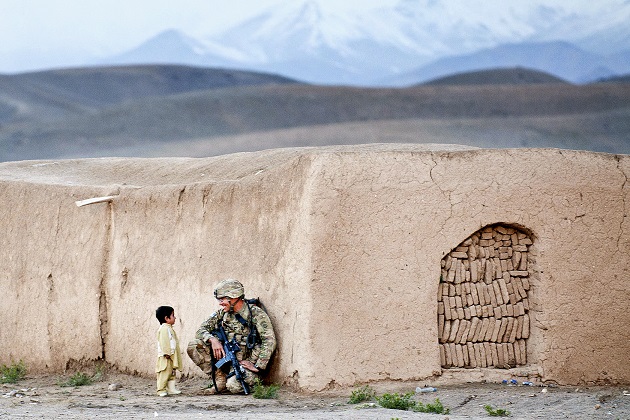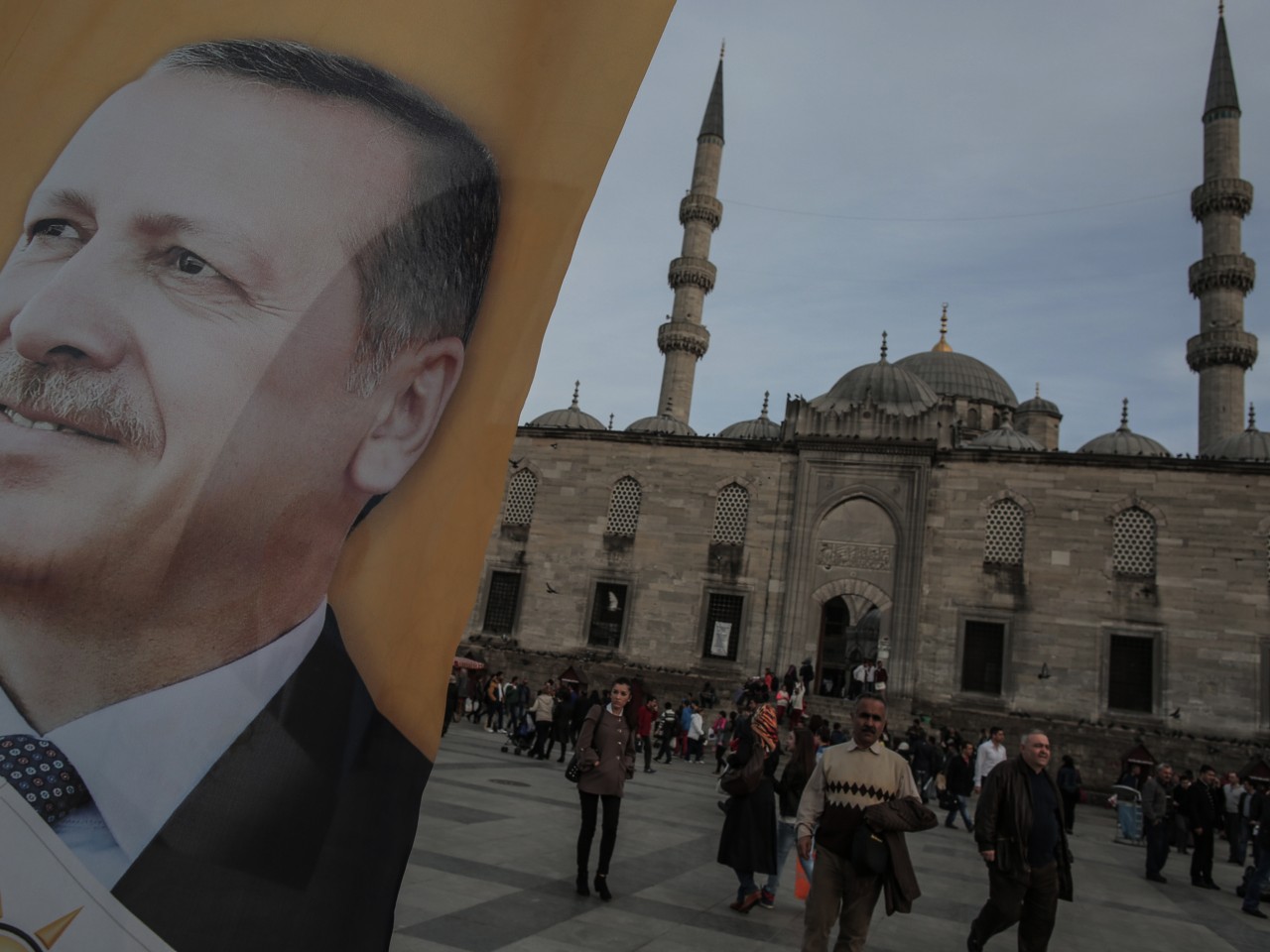March 2016 Review
TransConflict is pleased to present a selection of articles published during March, plus updates from the Global Coalition for Conflict Transformation.
| Suggested Reading | Conflict Background | GCCT |
1) The fifteenth GCCT newsletter
TransConflict is pleased to present the fifteenth Global Coalition for Conflict Transformation (GCCT) newsletter, showcasing the work of the GCCT and its members. Read on…
2) The year Europe should not break
Gerard M. Gallucci – Events over the last year – beginning with the Greek debt crisis and including economic malaise as well as the refugee and terrorist challenges – represent an existential threat to Europe’s unity and wellbeing. Europe should not have to face this threat alone. Read on…
3) Why the Brussels attack was all but inevitable
Dr. Alon Ben-Meir – Failure is not an option as the consequences will be extraordinarily dire. A state of constant alarm, emergencies, and terrorism will become a way of life, haunting Western democracies and violently destabilizing the Middle East for decades to come. Read on…
4) Turkish democracy – an unfortunate casualty of Erdogan’s ambitions in Syria and Turkey?
Dr. Ulas Doga Eralp – What is more tragic is Europe’s ambivalent response to Turkey’s ongoing crackdown on political freedoms, as Brussels struggles to find a solution to its own racist and Islamophobic constituencies amidst the refugee crisis. Brussels seems more willing than ever to shake hands with authoritarianism. Read on…
5) Dr. Radovan Karadzic – the triumph of death against life
René Wadlow – Radovan Karadzic has shown that the impulse of death can be stronger than that of life. It is reported that, following the pattern of Slobodan Milosevic, he has shown no sense of guilt at the Hague Tribunal. We will have to see if his years away from political action provided him with insights into the dual impulses of eros and death. For the moment, his life is a clear example of the triumph of the will to death over the will to life. Read on…
6) 2016 Serbian general election – five key observations
Daniel Hamilton – Ahead of general elections in Serbia on Sunday 24th April, it is clear that current prime minister, Aleksandar Vučic, is king of all he surveys, that the Democratic Party has a bleak future, that the Kosovo issue is an afterthought and that the hard-right are likely to make a comeback. The question remains, however, as to whether or not Vučic is promising too much. Read on…
7) Youth migration – a result of the Afghan government’s failed peace policy
Maryam Safi – Failure to bring peace and security to Afghanistan was lead to mass youth migration. The National Unity Government must adopt a clear policy for reconciliation with armed oppositions in order to bring peace and stability in the country. It must respond to people’s demands and problems in order to save this young generation and prevent them from leaving. Read on…
8) The unraveling of Turkey’s democracy
Dr. Alon Ben-Meir – Failing to make the right choice, Erdogan will not be remembered as the father of the new democratic and powerful nation, but as the misguided and ambitious dictator who sacrificed Turkey’s potentially glorious future for his religious zeal and burning desire for ever more power. Read on…
9) We must not confuse explanations with excuses
Ian D. Marder – There is a significant subculture in many modern societies which rejects efforts to try to find explanations (and ultimately preventative measures) for behaviours which result in harm. The search for any of these potentially influential factors, according to this view, is tantamount to making excuses for the perpetrators of harmful behaviour. Read on…
10) Hail the Carnival King!
Bridget Storrie – According to Bakhtin, the power of carnival comes from the way it subverts the rules of everyday life, reverses power dynamics and sweeps people up in its transgressive fervour. Certainly the Trump movement ticks a surprising number of Bakhtin’s boxes, including (increasingly) the tricky notion of ‘heteroglossia’, a word Bakhtin made up to describe not just the multitude of voices in carnival, by the variety among them. Read on…
11) An Iraqi Sunni state is prerequisite to defeating ISIS
Dr. Alon Ben-Meir – The Obama administration, with its coalition partners, must now develop a strategy to defeat ISIS, which will be extremely difficult unless Iraqi Sunnis join the fight and are assured that their future political independence is secure. Read on…
12) War/silence/dehumanization, bellum iustum, and discourses of war
TransConflict is pleased to present extracts from Dražen Pehar’s book, ‘Dediscoursification – how discursive attitudes cause wars’, the key contention of which is that the attitude to language should be theorized as one of the major causes of war. Read on…
13) Karadzic’s conviction and Serbia’s rights trend
Praveen Madhiraju – Given its neighborhood, Serbia may feel stable. But allowing toxic narratives to fester at home is dangerous. EU leaders should ask themselves whether this is a foundation built to last – especially during an election season where a government and cabinet is being formed. Pushing rights issues is a path to more secure moorings. Read on…
The Global Coalition for Conflict Transformation
1) The Somali Observatory of Conflict and Violence Prevention from Somalia
TransConflict is pleased to showcase the work of the Somali Observatory of Conflict and Violence Prevention from Somalia, a member of the Global Coalition for Conflict Transformation. Read on…
2) UN Security Council adopts resolution on Youth, Peace and Security
UNOY Peacebuilders – On 9 December 2015 the United Nations Security Council adopted resolution 2250 on Youth, Peace & Security. The historical document is the first of its kind to recognize the positive role young people play in building sustainable peace and to lay out the need for governments and other stakeholders to support young people in this role. It represents a landmark for the participation of young people involved in transforming conflict, peacebuilding and countering violence. Read on…
3) A mine free world is possible
Danish Demining Group – It is possible to fully implement the Anti-Personnel Mine Ban Convention, but it requires political will, commitment and sufficient resources, the Danish Demining Group (DDG) stated ahead of the High-level Panel on the Ottawa Convention held on March 2nd in Geneva. Read on…
4) An open letter to Donald Trump from Iraq
TransConflict is pleased to present an open letter by Sami Rasouli – founder of the Muslim Peacemaker Teams, a member of the Global Coalition for Conflict Transformation – outlining why Donald Trump should take time to visit Iraq. Read on…
5) Police involvement in the delivery of restorative justice in England and Wales
Ian D. Marder – In many areas, restorative justice is now used as a diversion from arrest or court alongside a variety of disposals, though it appears that it is most commonly being used at the level of the Community Resolution. This allows the police to resolve crimes and other incidents quickly and effectively, while both repairing the harm done to the victim and avoiding criminalising the offender. Read on…
6) Peace Dialogue’s request to partially annul Ministry of Defence executive order rejected by Administrative Court.
Edgar Khachatryan – The Administrative Court of Armenia rejected Peace Dialogue NGO’s complaint challenging the legitimacy of the classification of secret information, which includes information regarding fatalities in the Republic of Armenia Armed Forces from 1994-2014. Read on…
7) Four new members of the GCCT
TransConflict is pleased to announce four new members of the Global Coalition for Conflict Transformation, from Kosovo, Pakistan, Kenya and the Democratic Republic of Congo, respectively. Read on…







































https://t.co/r4ZdfmXy6C
RT @gcct_tc: March 2016 Review: @TransConflict is pleased to present a selection of articles published… https://t.co/VAnharpZyN
RT @gcct_tc: March 2016 Review: @TransConflict is pleased to present a selection of articles published… https://t.co/VAnharpZyN
March 2016 Review https://t.co/vFt2TIHfW3 #Nonprofit
March 2016 Review https://t.co/jEfDM3SToW via @TransConflict
RT @Aktivizmo: March 2016 Review https://t.co/vFt2TIHfW3 #Nonprofit
Dr. Radovan Karadzic – the triumph of death against life
https://t.co/Hrwqk2yWrF
RT @ilickovic1: Dr. Radovan Karadzic – the triumph of death against life
https://t.co/Hrwqk2yWrF